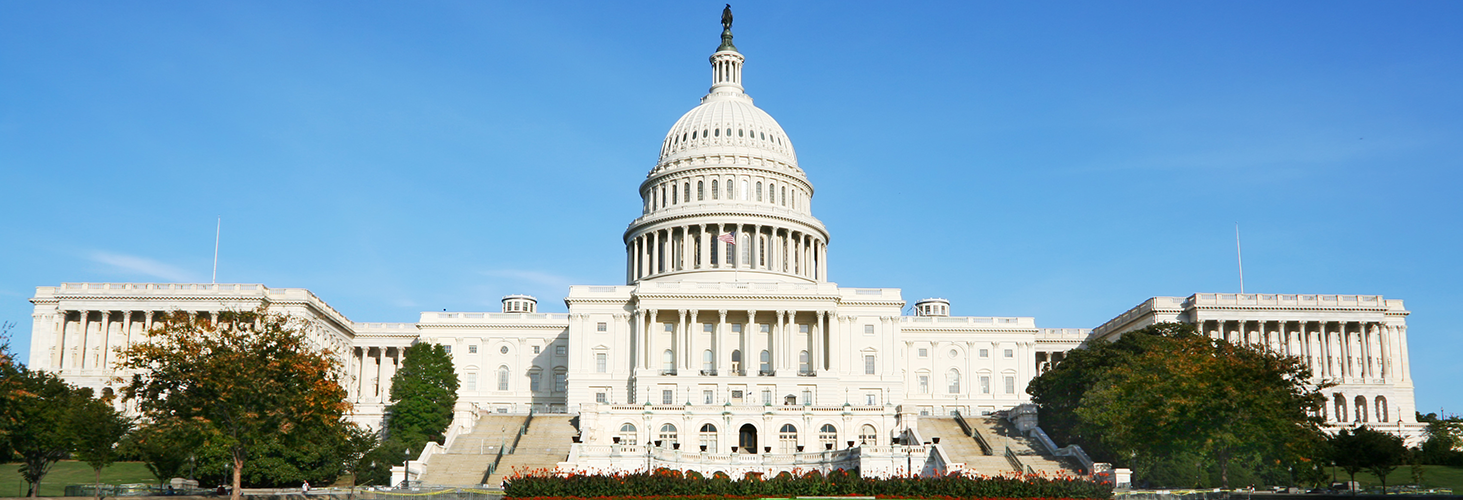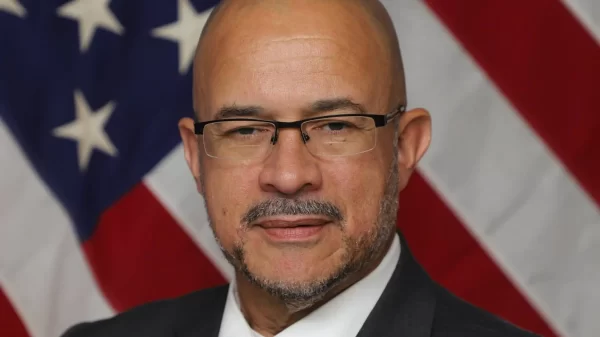By Brandon Moseley
Alabama Political Reporter
Thursday, July 13, 2017, Jefferson County Republican Party Chairman Sallie Bryant sent a letter to US Commerce Secretary Wilbur Ross urging the Secretary to act on what she calls “unfair” Chinese trade practices that allow that country’s steel to be dumped on the American marketplace, impacting residents and business owners all across Jefferson County.
Chairman Bryant said in a statement, “It is no secret Birmingham has a rich history in steel manufacturing. Birmingham was once one of the nation’s leading iron and steel producers. The proximity of our natural resources provided the nation’s lowest raw-material assembly cost of its time resulting in the nickname, ‘Pittsburgh of the South.’”
Bryant said, “In the 1970s, Birmingham saw a decline in steel manufacturing due to government regulation and foreign competition. Today, foreign competition from China and other countries remains a growing problem facing our industry in Birmingham and across the nation. The Department of Commerce is currently investigating the negative effects steel imports have on America’s economy and national security under Section 232 of the of the Trade Expansion Act of 1962. Based on this investigation, the Department of Commerce will recommend necessary action.”
Chairman Bryant continued, “Unfair trade practices from foreign countries hinder on our national economy but also our local economy. In Jefferson County, we have seen firsthand how the steel industry’s decline has had an impact on local jobs and our community. Neither Jefferson County nor the State of Alabama can afford these types of closures and lays off. It is detrimental to Americans and the condition of our economy.”
Chairman Bryant concluded, “Fortunately, the Department of Commerce has an opportunity to support the domestic steel industry by imposing trade remedies and other actions that would support America’s steel manufacturing. I hope they act swiftly and aggressively to help America’s steel industry thrive again.”
Former Homeland Security Secretary Tom Ridge (R) wrote in The Hill: “Left unchecked, countries like China and Russia will unfairly continue flooding the global steel market, increasing their production without regard for market forces, propping up their steel industries and bolstering their economies. For example, since 2000, China has increased its steel capacity from roughly the same level as that of the United States to over 10 times that of the US, roughly 1.2 billion tons this year.”
Sec. Ridge continued, “These foreign imports are being dumped in the US and world markets at rock-bottom prices. American companies are finding it unsustainable to compete against government-backed steel production. American jobs are being lost and our national security is on the line. We cannot allow this trend to continue.”
On April 20, 2017 President Donald J. Trump (R) said in his own statement, “I’m directing the Department of Commerce to immediately prioritize the investigation that began yesterday and really long before that — because Wilbur and I have been working on this for a long time — into foreign steel arriving into our markets, and to submit a report on the effects of these foreign steel products on the national security of the United States. It’s not just the pricing, it’s not just employment, it also has to do with the national security of our country, which people never talk about. I talked about it.”
The President continued, “Maintaining the production of American steel is extremely important to our national security and our defense industrial base. Steel is critical to both our economy and our military. This is not an area where we can afford to become dependent on foreign countries. We have a product where we actually need foreign countries to be nice to us in order to fight for our people. And that’s not going to happen any longer, believe me — especially as it comes to steel.”
Pres. Trump stated, “This investigation will look at how steel imports are impacting the United States national security, taking into account foreign practices such as steel dumping. Dumping is a tremendous problem in this country. They’re dumping vast amounts of steel in our country, and they’re really hurting not only our country, but our companies. Their targeting of American industry and other foreign strategies designed to undermine American industry as a whole.”
Sec. Wilbur Ross told reporters in April, “As you know, steel has been a very important issue in the President’s campaign for office and in his actions subsequent to being in office. The then-candidate Trump, a quote from him, ‘Foreign nations are dumping vast amounts of steel all over the United States, which essentially is killing our steel workers and steel companies. We will put new American steel into the spine of this country. We’re going to use American steel. We’re going to use American labor. We’re going to come first in all deals.’”
Sec. Ross continued, “So this is a consistent investigation with his objectives. Steel imports, despite the activities that we’ve already had in countervailing duties and anti-dumping, have continued to rise, and they’ve continued to rise despite repeated Chinese claims that they were going to reduce their steel capacity when instead they have actually been increasing it consistently.”
Ross continued, “In the first couple months of this year alone, steel imports rose 19.6 percent year over year, and are now more than 26 percent of the entire US marketplace. So it’s a very serious impact on the domestic industry. The question we will be trying to address in the report is to what extent that impinges on our economic and national defense security.”
Ross said that under the statute, the investigation needs to be completed within 270 days, but thought it will be accomplished a lot sooner than that.
According to information from the US Commerce Department, China is the country where the USA has the largest trade deficit. It’s $347 billion. This is on the goods part alone. The total global US trade deficit is $700 billion and China is 47.2 percent of that. Number two is Japan with $68.9 billion (9.4 percent), Germany $64.9 billion (8.4 percent), Mexico $63.2 billion (8.6 percent), Ireland $35.9 billion (4.9 percent), Vietnam $32 billion (4.3 percent), Italy $28.5 billion (3,9 percent), South Korea $27.9 billion (3.8 percent), Malaysia $24.8 billion (3.4 percent), and India $24.3 billion (3.3 percent).




















































